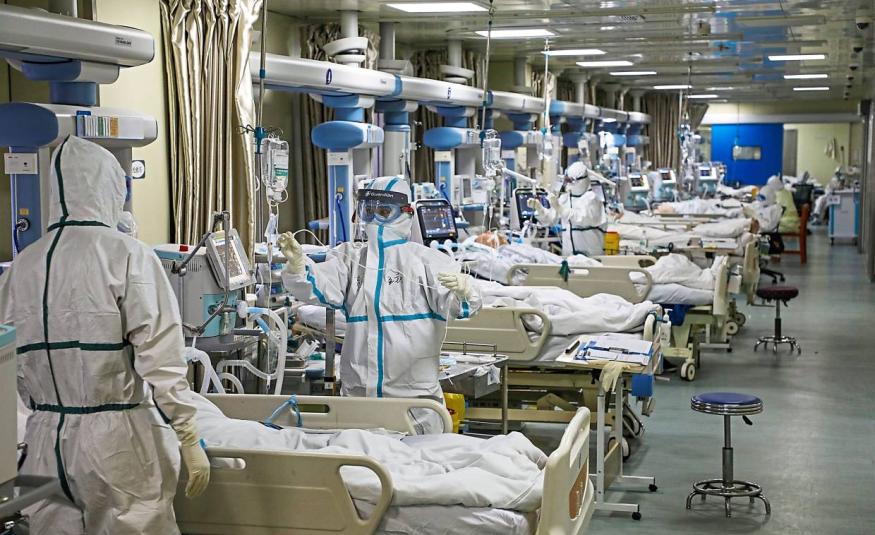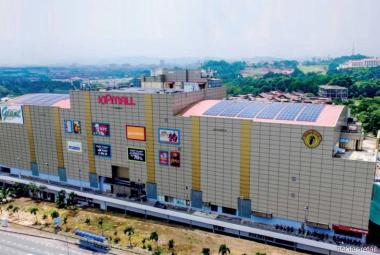By ZAIDI ISHAM ISMAIL
[email protected]
THERE was a time back in March 2020, Malaysia was sure on what it wants to do to deal with COVID-19. Fast forward to present day, the country is very much at a crossroads unsure on what it plans to do next.
Top of the agenda, is the economy. At the beginning of the year, the country's economy was forecasted to grow at between 5 and 7%. This figure has now been revised downwards to 4%.
And until the political situation in the country is resolved, investors both local and overseas will be reluctant to plough their precious money into the country.
There is a saying among the investment community - investors don't like uncertainty and instability. This adage rings true here in Malaysia where political shenanigans occur one after another.
At the political front, politicians jostle for power each claiming they are fit to lead and are the best candidate to snuff out COVID-19.
Such is their passion for power incessantly calling for the general election to be held that the Yang di-Pertuan Agong had decreed for the national emergency, of which some analyst said is designed to snuff out political instability.
Well, guess what. The emergency failed to quell the antique of the politicians somewhat and investors did not come to Malaysia in droves.
But on the other hand, the politicians need to debate in Parliament to find the best solution on how to deal with the pandemic.
Maybe the politicians can devise cool methods to help the rakyat such as the "bendera putih" movement.
The appointment of Datuk Seri Ismail Sabri may or may not augur well for the country's economy, COVID-19 and the stock market.
The stock market has been weak for the past several months indicating investors poor sentiment in the country's economic performance.
This might have a domino effect on companies who are already here and may decide to pull out of the country if the situation did not improve.
The country's leaders should give this serious thought as foreign direct investments form a significant part of the country's gross domestic product growth.
This part of the equation is obvious to all except for the politicians who remain oblivious and continue to squabble.
But for the economy to recover, the Health authorities however must perhaps give the lockdown a rethink now that cases are eyeing the 10,000 mark.
Perhaps the authorities should take cue from public suggestions that the Federal Ministry must communicate with the state governments because evidently they are not talking to each other.
It is clear that after months of lockdown, the measures are not going to work if the factories are allowed to open at the same time.

Putra Business School business development manager Associate Professor, Dr Ahmed Razman Abdul Latiff said the latest political development and rising COVID cases will have a short term negative impact.
"For the stock market, the weak sentiment would least until end of this month when Parliament will be allowed to open again and the vaccination drive is at its maximum.
However, if the political impasses is not resolve when the Parliament opens, it will have an impact on Malaysia's economic recovery as the 12th Malaysia Plan has yet to be launched and some of the planned policies will be delayed such as National AgroFood 2.0 Policy."
Speaking to Dagangnews.com, Razman said investors confidence will also be affected especially the overseas investors as they need assurance and political stability before they can make long term decision to invest in this country.
Malaysia is in a conundrum and it is the time that the leaders tweak its master plan on how to combat COVID-19 while sustaining the livelihoods of the rakyat at the same time. - DagangNews.com
ZAIDI ISHAM ISMAIL is a seasoned journalist and now returns to Dagang News as a special writer.










